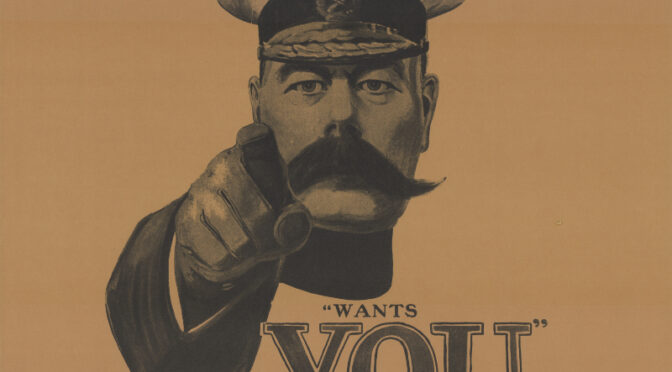Our Defence Secretary needs to act decisively to preserve the British Army’s credibility
Article published in The Sun, 11 January 2018. © Richard Kemp
Man for man, the British Army has always been the best in the world. Today this proud reputation is under threat.
Numerically at its weakest since Napoleonic times, politicians are now increasingly infecting it with dangerous political correctness.
This includes David Cameron’s decision in 2016 to allow women into the infantry.
Today the Army faces a manning crisis, with 4,000 fewer regular troops than needed and a failure to come close to filling the ranks of the reserves.
How is this being tackled? By even bigger doses of political correctness. The latest recruiting campaign focuses exclusively on minorities.
An MoD insider admitted yesterday that this is all about meeting quotas for black, Asian, minority ethnic and female recruits.
It is right that the Army reflects the make-up of the society it fights for.
But that is very much secondary to the overriding need to be fully manned by battle-ready combat troops. While these adverts may have a marginal effect on recruiting minorities, they will not appeal to the majority of potential recruits.
These are young people who want challenge, action and adventure and who are willing to fight for their country.
What will appeal to them are images of tough military training, troops leaping from helicopters, skiing, sky-diving and mountaineering.
And scenes showing the unique bonds of comradeship that are so vital to fighting effectiveness and so attractive to potential recruits.
Let me be clear, I am not saying that any of the minorities that are being targeted by the MoD in this campaign make lesser soldiers than anyone else.
I have served alongside many of them and have been as impressed by their battle capabilities as by any other soldiers. But appealing exclusively to them — as this campaign does — will not solve the manning crisis.
Nor alone will the alternative advertising campaign I am suggesting. When I was serving we considered the recruiting organisation to be an impediment to recruitment.
Today it is even worse. It has been civilianised, outsourced and paralysed by computer-driven bureaucracy. When I took over command of my battalion — the 1st Royal Anglians — it was 30 per cent under-manned. Within a year it was over-manned.
We achieved this largely by sending our own soldiers in uniform out on to the streets of our towns and villages to encourage young people to sign up.
This proved conclusively that smart, young, fit, articulate soldiers are by far the most effective recruiters. But Army recruiting offices have almost disappeared, and even in my home town of Colchester — Britain’s largest garrison town — there are no recruiters.
This makes it very difficult for potential recruits to meet real soldiers in the early stages of the recruiting process, when it is most vital.
That is when the kind of fears that are set out in the latest ads — as well as concerns about what combat is really like — can be put to rest, face to face.
Other areas need to be sorted out as well, including erosion of pay and conditions and the constant PC-driven hounding of our troops by tank-chasing lawyers.
So often in the public spotlight, this disgraceful betrayal of our fighting men can only undermine efforts at recruiting. The Army exists to violently attack and defeat our enemies. But it has an important secondary role, which is to deter those who might do us harm, so that fighting is not necessary.
Deterrence can only be achieved by a serious battle force that is aggressive, powerful, well-equipped and fully manned with fighting troops who mean business.
The kind of soft, touchy-feely, caring-sharing public image that is projected by recent PC-imposed measures, of which this ad campaign is just the latest example, gives exactly the opposite image.
New Defence Secretary Gavin Williamson has so far shown all the right instincts.
He now needs to act decisively to preserve the British Army’s credibility by reversing the corrosive political correctness imposed upon it for decades by his predecessors.

